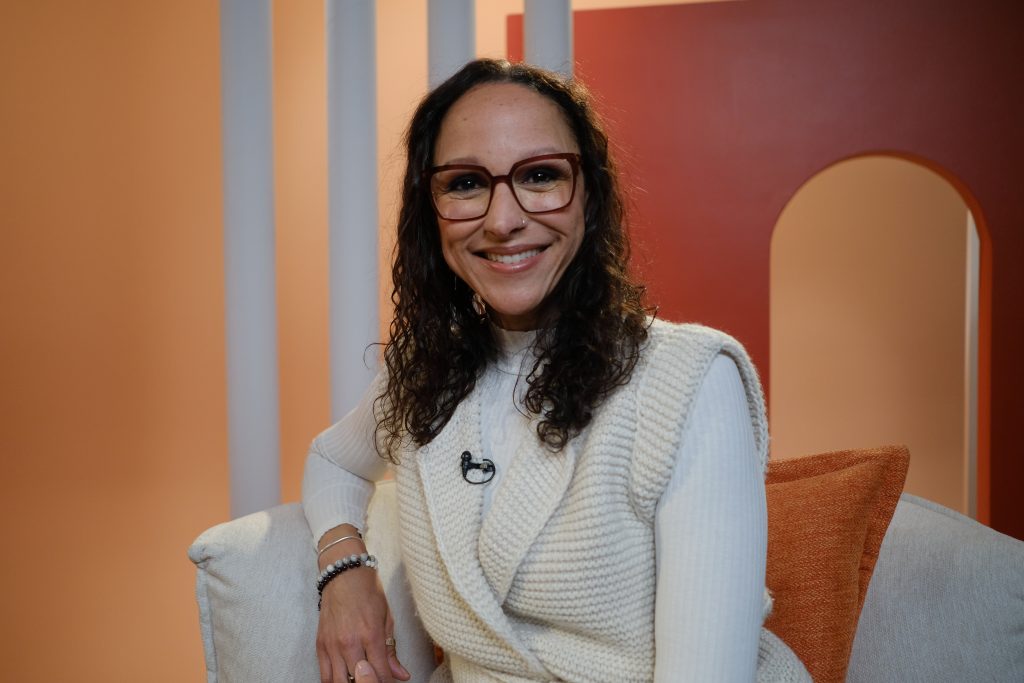In this 11th and penultimate episode of season 2 of Vecteur H, the HR program broadcast in partnership with Isarta, Émilie Pelletier welcomes Pascale Dufresne, co-founder of Leadership Inspire & Lab. The topic? Benevolent management in the workplace!
Benevolence means taking care of yourself and others. That’s how psychiatrist Christophe André defines this concept, which is by no means new, but which we’re hearing more and more about in organizations. Or perhaps a little too much?
We’ve always talked about it, but like authenticity, the word is a little overused these days. Like any theme that becomes trendy, we’re going to use it to do business, and we’re seeing benevolent leadership specialists appearing on the scene,” notes Pascale Dufresne.
Regrettably, because this way of adding kindness and humanity to one’s actions has never been so useful for organizations.
We’ve been talking about it for a long time, but particularly since Covid, it has taken on an even greater dimension. We’ve become more fragile, and managers have found themselves faced with more and more suffering and people who want to be treated like humans. With more meaning than authority,” continues the president of a firm specializing in leadership development and one of Quebec’s pillars of authentic, humanistic leadership.
One difficulty: context!
Nevertheless, according to Pascale Dufresne, benevolence is beginning to gain ground. 20 years ago, when she broached the subject, people would ask her if she was going to bring incense! Today, she preaches to the converted, and her customers want to know how to get there.
So where do you start? With yourself,” answers the speaker and lecturer at the Université de Montréal.
We’re not all equal when it comes to benevolence. Of course, we all carry it within us, but some people are better at putting it forward. While others are more focused on performance, ambition or intellectual knowledge. This is what I call the leader’s inner game”, she explains.
Moreover, according to her, humans have a natural propensity to be benevolent… but it’s the context that makes it more difficult.
When we’re under pressure, stress and organizational suffering, our first concern isn’t benevolence towards others or ourselves. It’s not intentional, but we prioritize something other than benevolence at that moment, when we’re in fear or judgment,” says Pascale Dufresne.
A fine balance between firmness and benevolence
Knowing yourself… but also knowing others! Your employees, your organization’s culture… Then, depending on the context, the idea is to strike a balance between firmness and benevolence, two postures that may seem antinomic, but are in fact complementary and necessary. In other words, a manager must be able to navigate and read a complex situation in order to adapt his or her actions. Pascale Dufresne uses the example of a child who crosses the road without looking and needs to be dealt with firmly.
The author of three books, including Être un leader créateur : Réconcilier performance et humanité- Diriger dans la complexité avec conscience et humanité, published by Éditions Béliveau in 2023, makes a major distinction between manager and leader.
Management is a role of formal authority. Leadership is not a role of authority, but of influence. You can be a team leader without necessarily being a manager. It’s a posture that goes from the inside out. The manager relies on rules, the leader on his inner compass”, she asserts.
Another nuance in the manager’s role is that, when she first starts out, 80% of her tasks involve technical skills and 20% involve interpersonal skills. This ratio is gradually reversed as the person rises in hierarchy and responsibility.
To conclude the episode, Pascale Dufresne gives a few easy-to-implement tips. Like starting a meeting with a “check-in”, by asking the other person in what state he or she is arriving at the meeting. A more engaging way than the classic “How are you?”. She admits, however, that acting with kindness requires a certain amount of self-denial, including… daring to slow down! But it’s worth the effort to maintain sustainable performance.
You have to act one human being at a time. When you offer kindness, you’ll receive kindness in return. It’s all about courageous authenticity. All the while keeping in mind that we educate less with words than with actions!”




